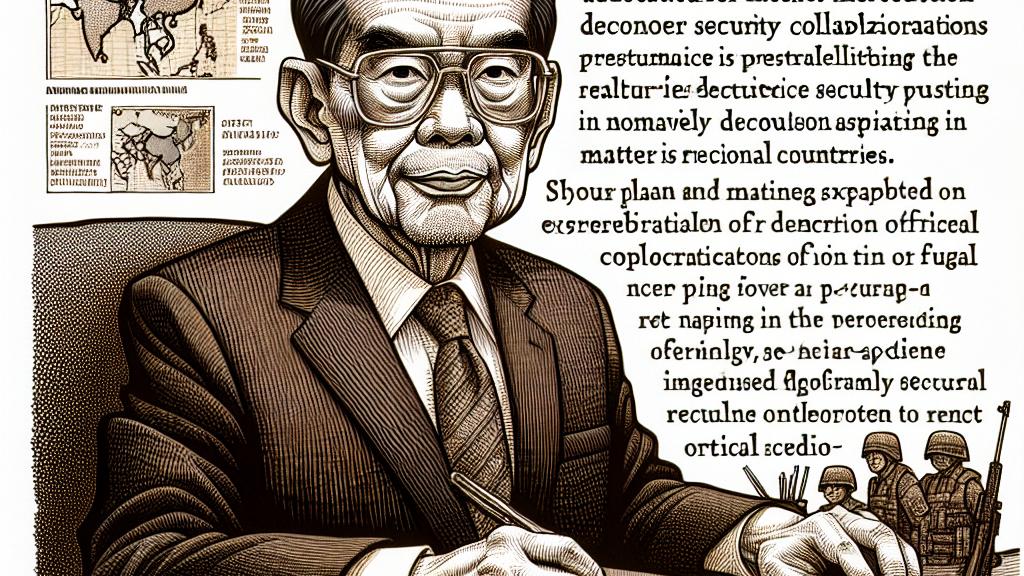Shigeru Ishiba Elected as Japan's New Prime Minister
Overview
- Shigeru Ishiba has achieved a significant milestone by becoming the leader of Japan's ruling Liberal Democratic Party (LDP).
- His imminent role as Prime Minister comes at a crucial moment, as the nation grapples with pressing political challenges.
- This election signals a pivotal shift, emphasizing the urgent need to restore public trust amid corruption scandals.

Election Overview
On September 27, 2024, a historic event unfolded in Tokyo when Shigeru Ishiba was elected as the leader of Japan's ruling Liberal Democratic Party (LDP). This victory is a monumental step not only for him personally but also for the country's political trajectory, aiming to revitalize Japan's governance. Ishiba, a revered defense policy expert, has been vocal about the need for an Asian version of NATO and a more balanced Japan-U.S. security alliance. For instance, he stresses the importance of respecting Taiwan's democratic aspirations, illustrating Japan's active engagement in regional security matters. His plan resonates as an urgent call to action in a rapidly changing geopolitical climate.
Political Landscape and Scandals
However, Ishiba's election came against a backdrop of considerable political turbulence. Former Prime Minister Fumio Kishida stepped down, weighed down by corruption allegations that tarnished the party's reputation. The LDP, walking a fine line between tradition and reform, looked to Ishiba for fresh leadership. In a remarkable twist, his opponent in the runoff was Economic Security Minister Sanae Takaichi, a candidate who could have shattered glass ceilings by becoming Japan’s first female Prime Minister. This election not only highlights the emerging diversity within Japanese politics but also reflects a broader desire for reform and accountability amid the scandals.
Future Implications
Looking ahead, experts caution that the diminishment of traditional factional support within the LDP could usher in a period of instability, echoing the uncertainties of the early 2000s. Such conditions might hinder the newly elected Prime Minister from achieving long-term policy objectives, particularly in a nation where timely and effective governance is critical. Consequently, Ishiba’s commitment to disaster management—deemed vital in a country frequently beset by natural disasters—gains prominence. He advocates establishing a dedicated disaster management agency, a move aimed at enhancing preparedness and response strategies. By addressing these pressing issues, Ishiba aspires not only to stabilize his administration but also to ensure a safer and more resilient future for the Japanese people.

Loading...